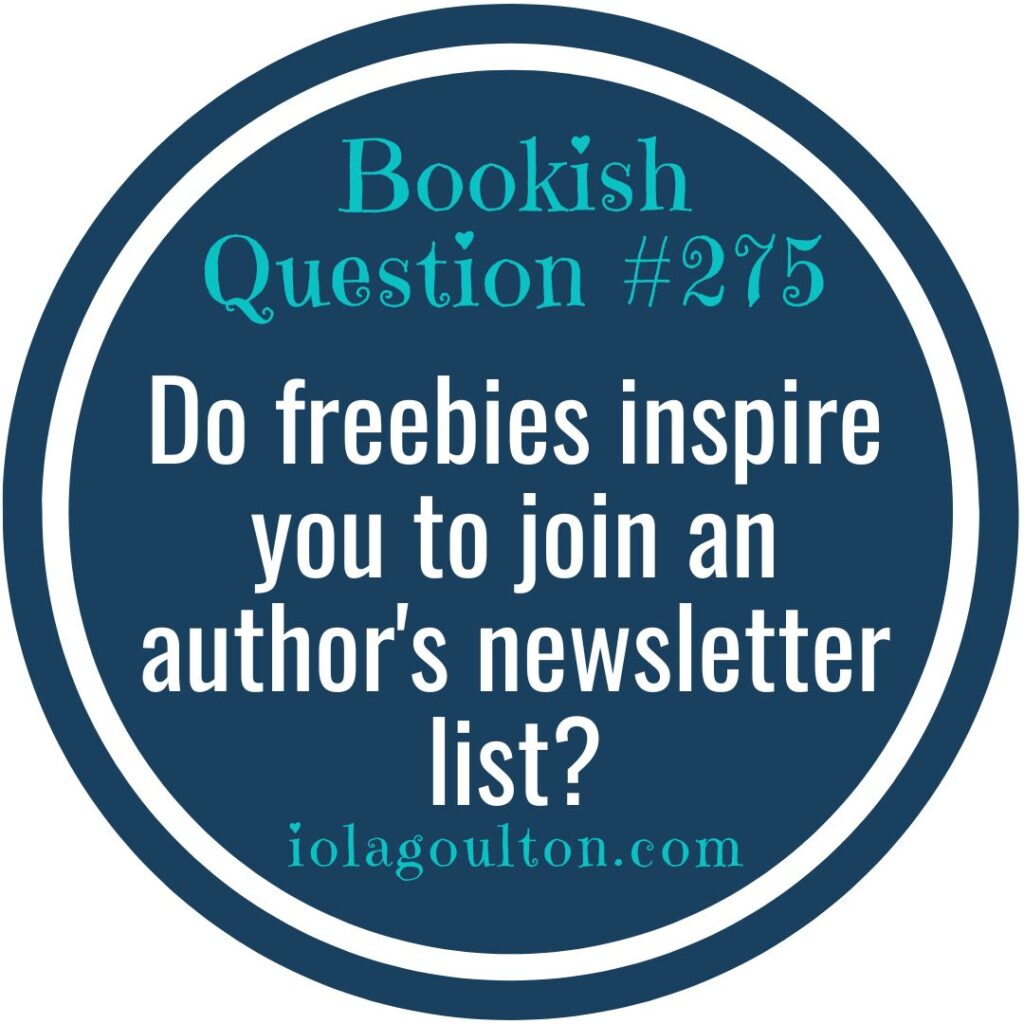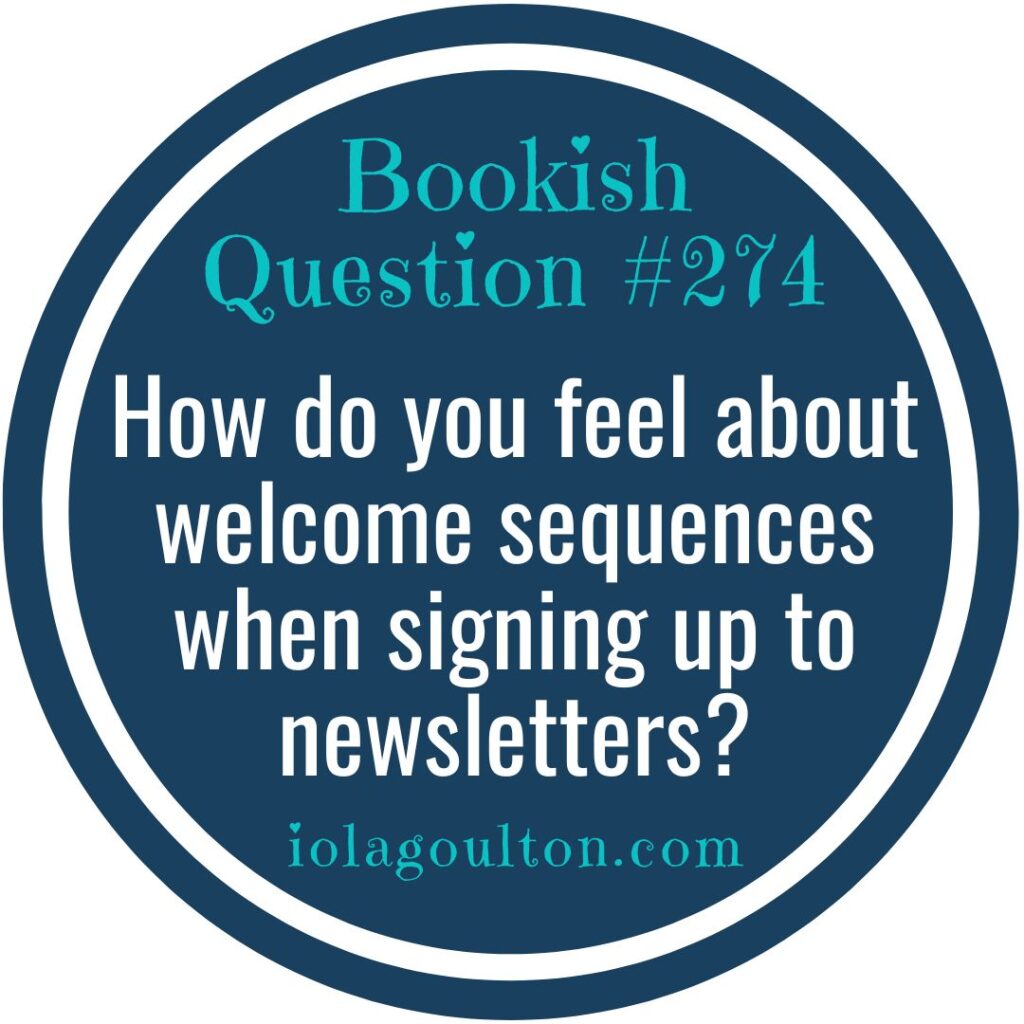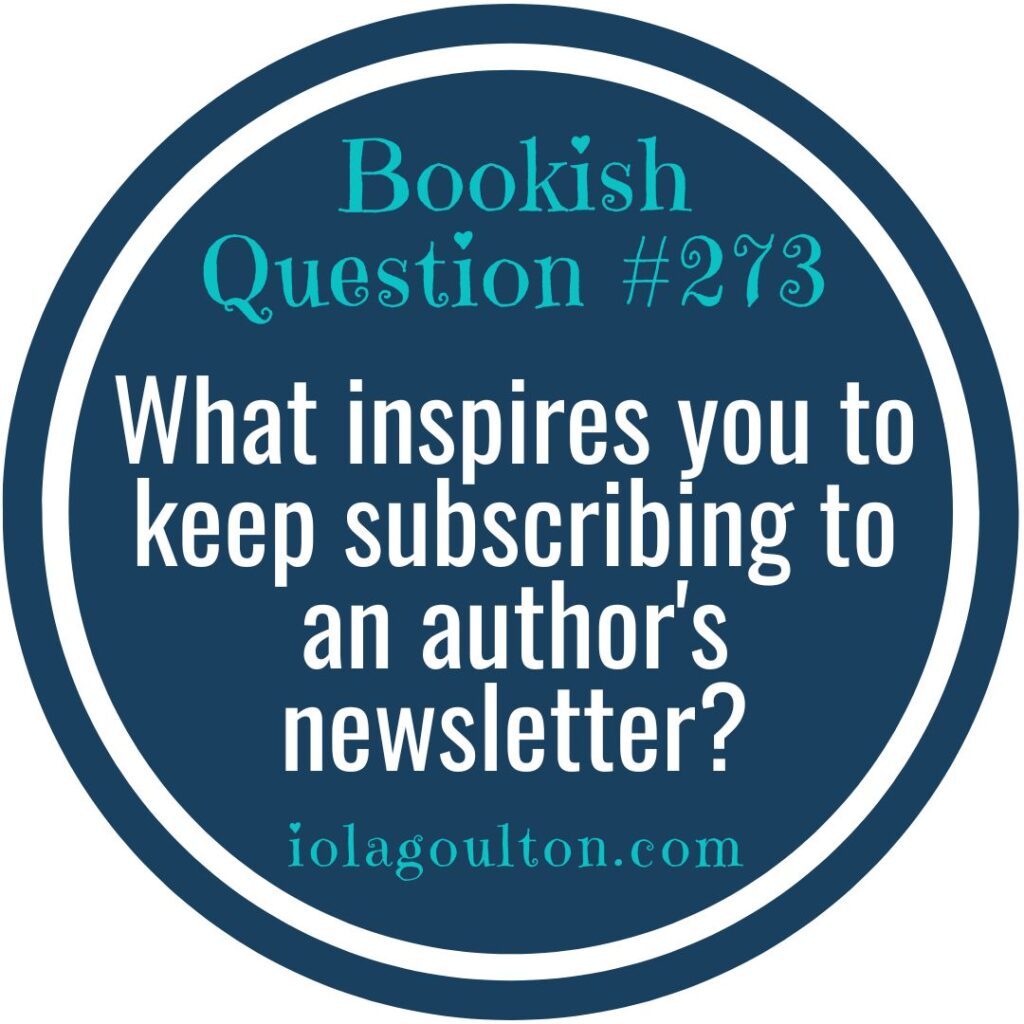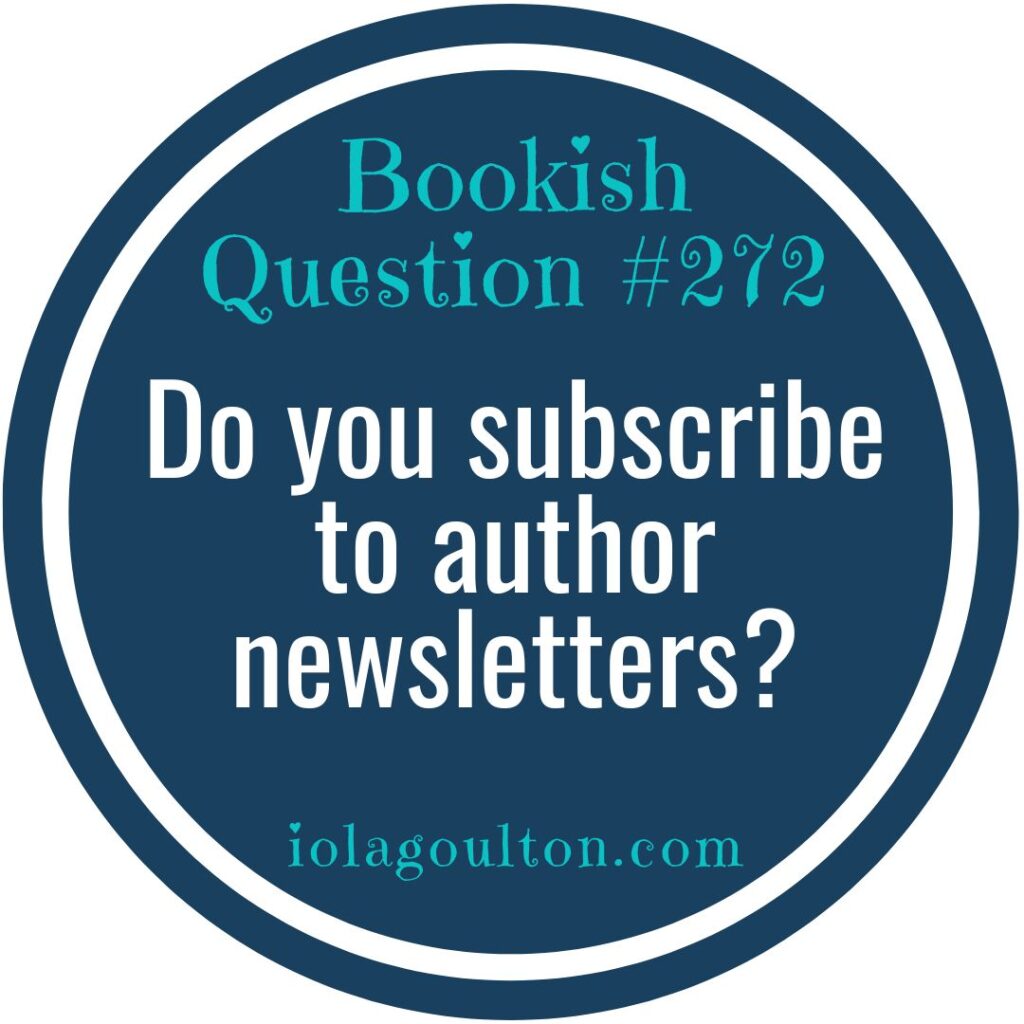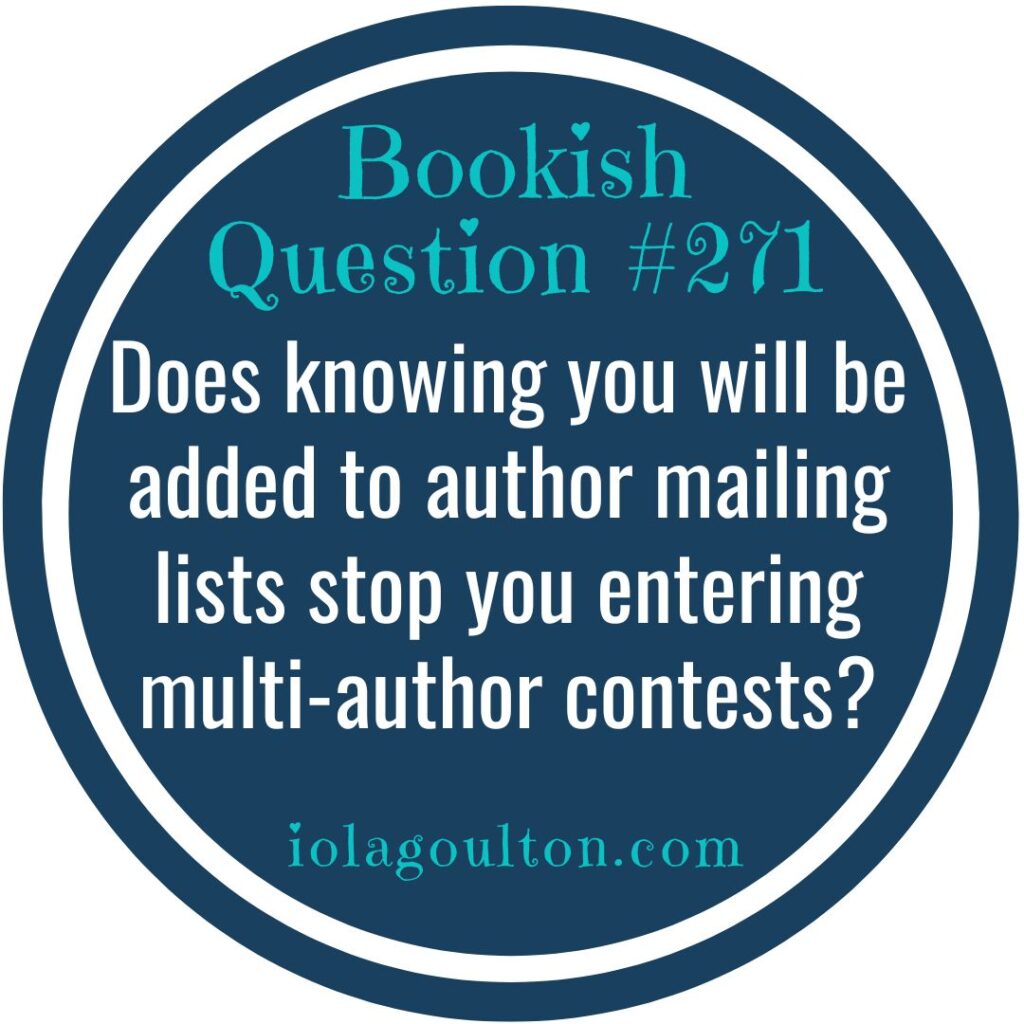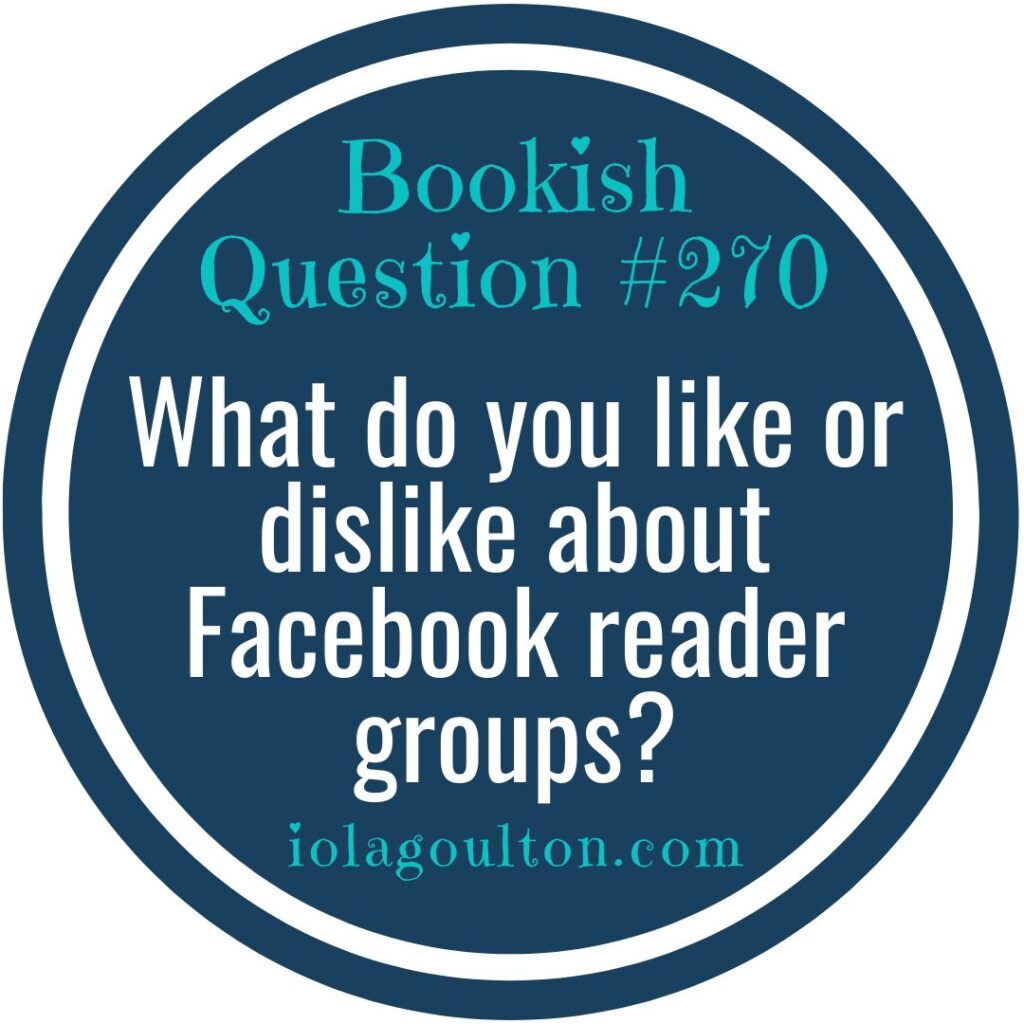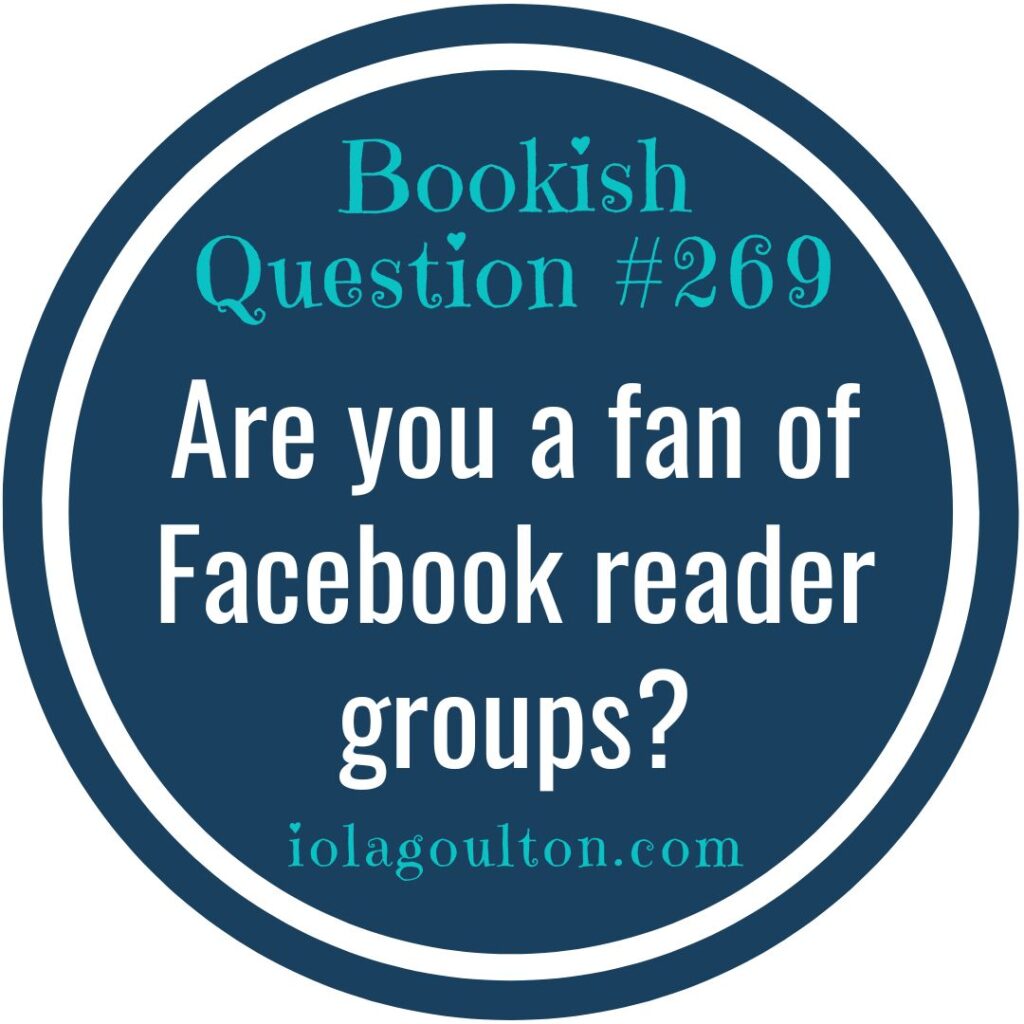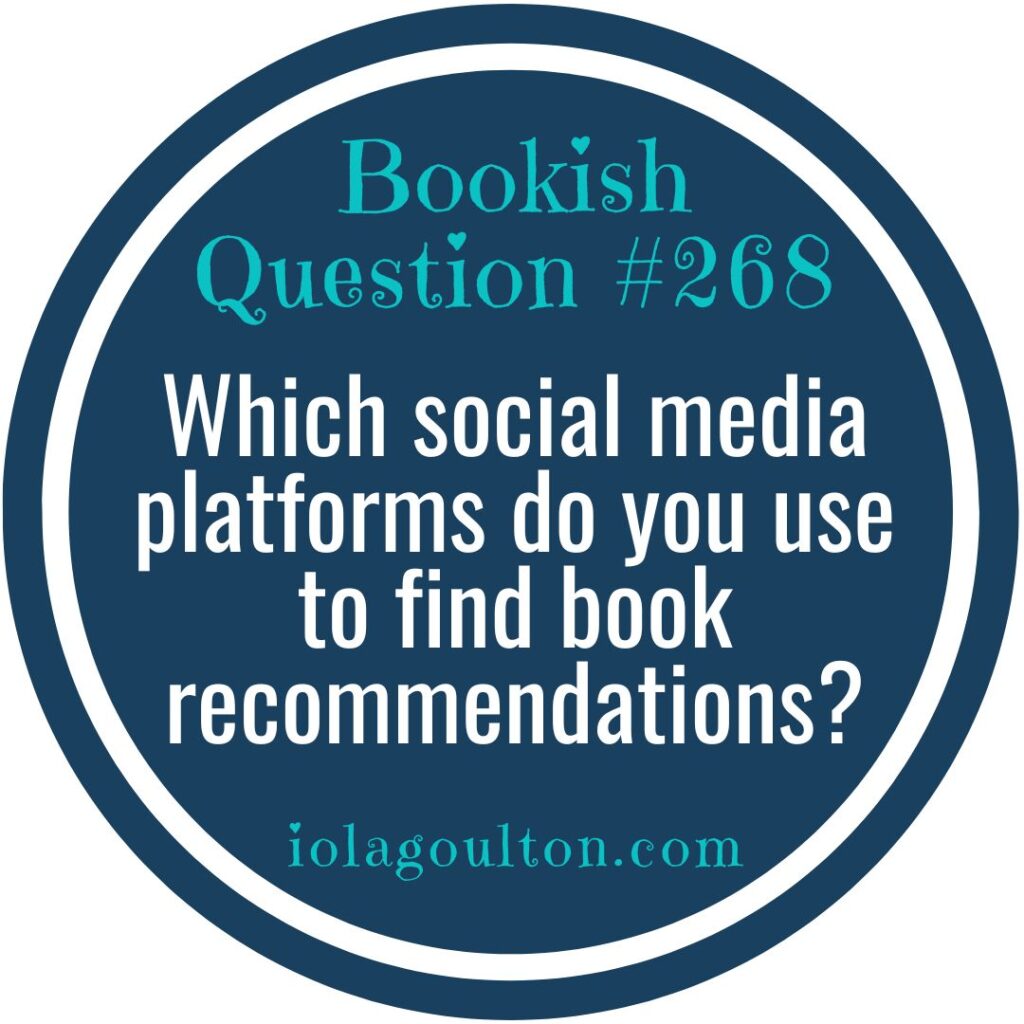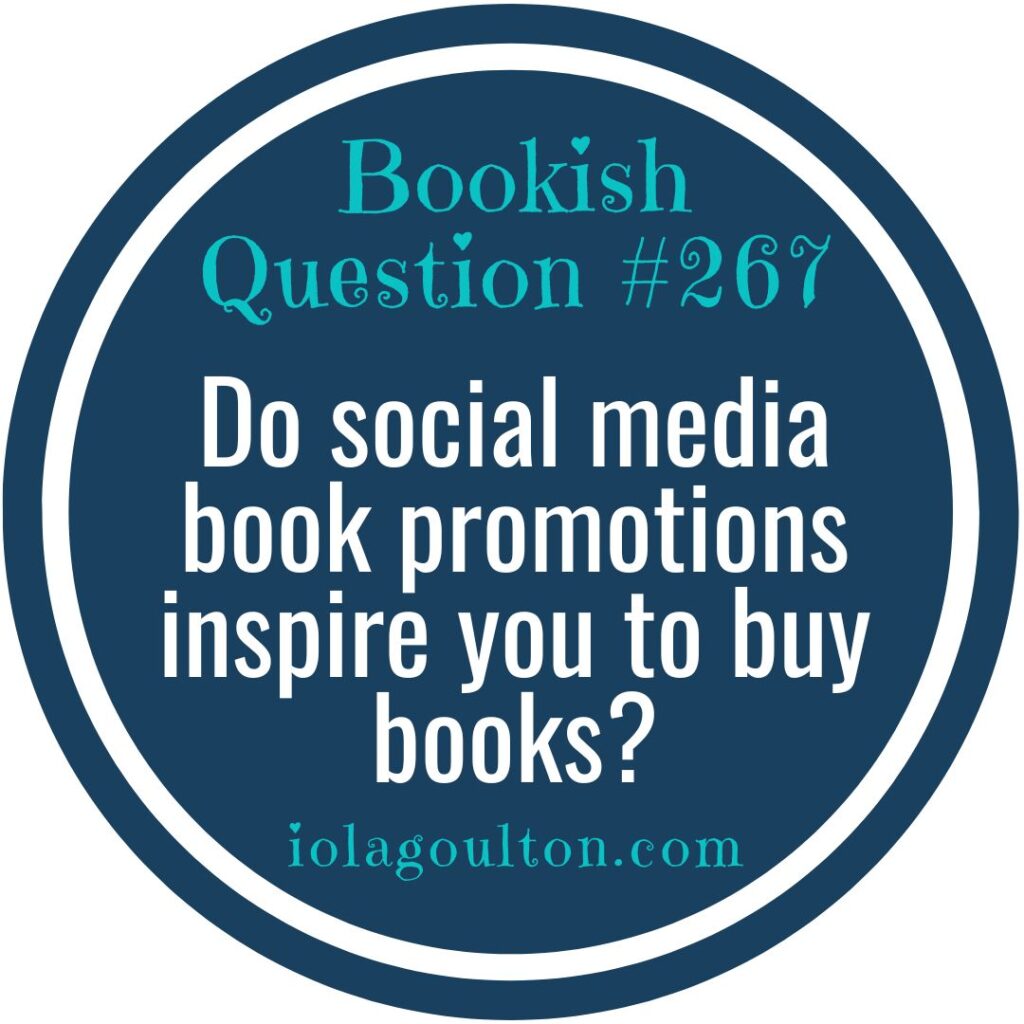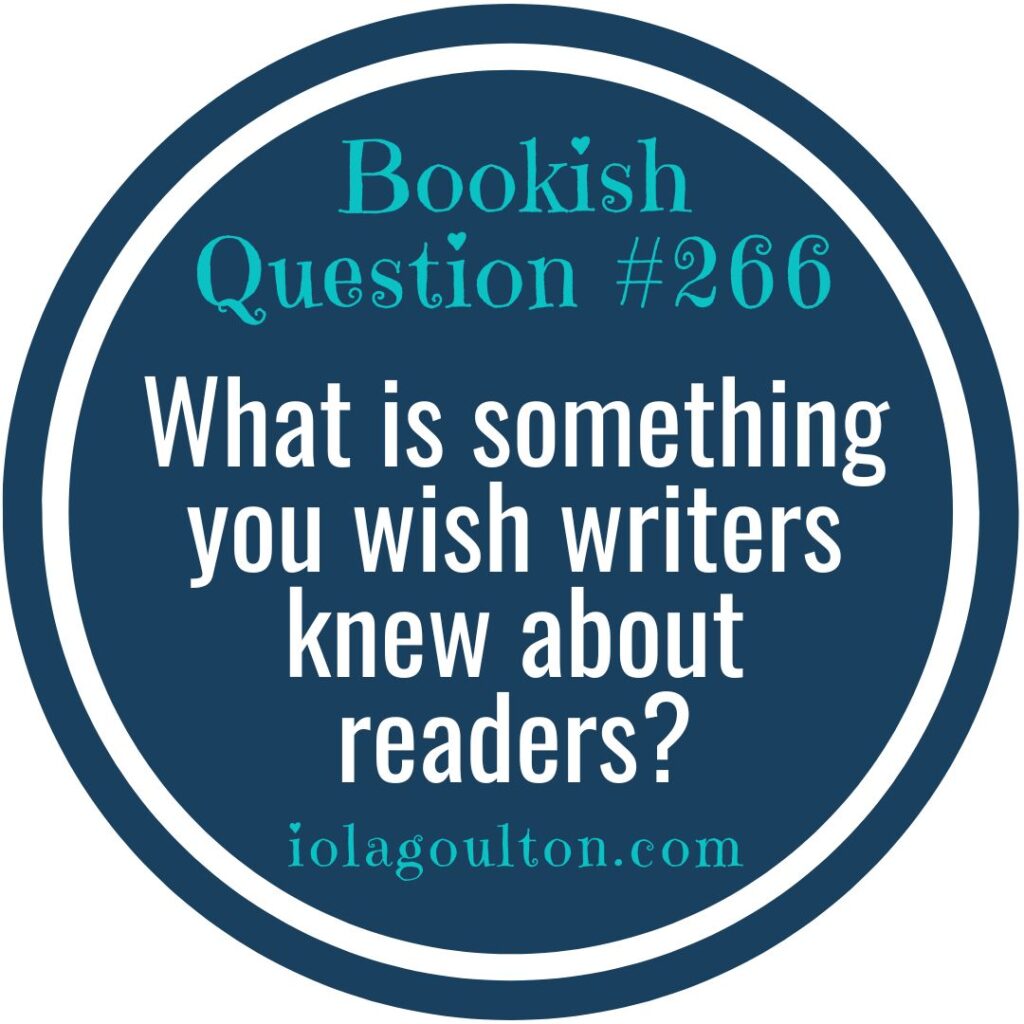A lot of authors offer some kind of freebie or incentive to sign up for their email list to receive their newsletter.
Do freebies inspire you to join an author’s email list?
If so, what kind of freebie do you like best?
My least favourite freebie is a download that sounds interesting or insightful but turns out to be just two or three pages of sparse text.
My favourite freebie is a novella that introduces the author’s work … or perhaps even the first novel in a series. I find this gives me a good introduction to the author’s work. Sometimes that’s good, because I’ve found a new favourite author.
Sometimes it’s less good (for the author) because I decide I don’t really gel with their style, so I unsubscribe from the newsletter. Most authors do pay an email list provider, and their monthly subscription cost is based on the number of subscribers. I figure if it costs them for me to be on their list, then I’m doing them a favour by unsubscribing if their writing isn’t for me.
The issue is that I’ve downloaded so many over the years that I’ve learned I have to make a conscious effort to read the free book as soon as I download it so I know whether I want to stay on the list, and whether I want to look out for more books from that author.

